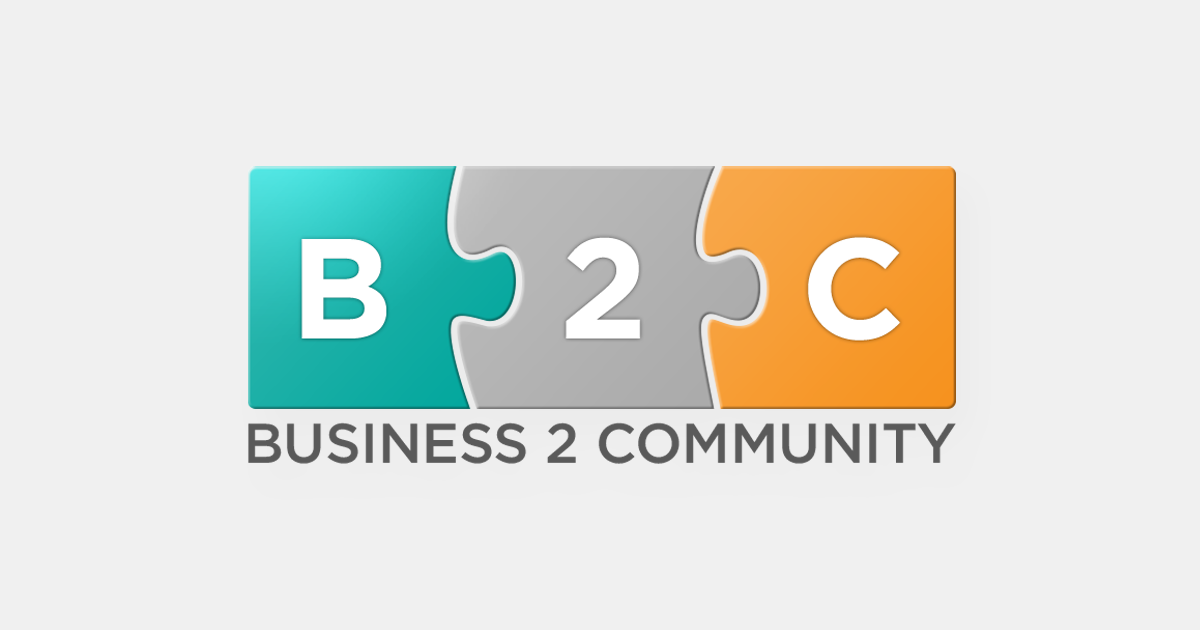Once you have your personalization strategy in place, the next critical step is identifying the right technology to help you execute and optimize your personalized content marketing. And when you’re evaluating different content engagement software platforms, it’s critical to ensure the solution you choose can support your strategy. Content specialty In addition to understanding how the content marketing solution actually supports content marketing, it’s important to understand what type of content the platform specializes in. Personalization methodology There are many different types of content personalization, but it’s important to make sure your definition and personalization strategy align with the type the technology vendor is set up to deliver. Here are the four main personalization spheres supported by marketing platforms: Classic name checking: Automatically including a recipient’s name in the subject line or body of an email Segment-based personalization: Delivering the same set of targeted content to a select group of contacts eCommerce personalization: Retargeting ads that show the exact same product a consumer searched for on Amazon Content sequencing: Using machine learning to predictively personalize content based on user behavior, context, and lookalike analysis—delivering personalized content experiences that are individually relevant to each person During your evaluation, find out which types of personalization the vendor is using to deliver results, and if the process is manual or automated. Get a sense of what data the system needs to make decisions and deliver results. Make sure that you and the vendor are aligned on what data will be used to drive your personalization initiative. As part of your evaluation, find out how easy the tool is to use via either a demo or references from other clients. Make sure the vendor can deliver on those needs. Make sure you’re working with a vendor that has flexible implementation options and a well-worn path of least resistance to get customers live (such as making their technical implementation as simple as copying and pasting a tag into the website).
Times have changed, and the majority of consumers expect brands to deliver personalized content across every digital channel. And the rewards for brands who deliver on this expectation are enticing—78% say that personally relevant content increases their purchase intent for a brand’s products and services, and 50% say that they would pay more for products and services from brands who do a good job of providing personally relevant content.
To deliver on this expectation, brands have to conceive the right content strategy to attract the right audience and also define how personalization fits into their overarching content marketing program. But to bring these two facets together, you also have to consider how technology can support your content personalization efforts now and into the future.
Once you have your personalization strategy in place, the next critical step is identifying the right technology to help you execute and optimize your personalized content marketing. But with the marketing technology space being so vast, it can be challenging to figure out what you’re looking for in a content personalization platform. We’re here to help you out.
Below we cover 10 critical things every content marketing personalization solution needs and how to evaluate potential vendors.
1. Content marketing focus
Your content marketing strategy is designed to meet a specific goal or set of goals, whether it’s to increase brand awareness, drive traffic to your website or generate leads, for example. With each of these goals comes a different type of content marketing strategy focusing on specific audiences, leveraging different marketing channels and communicating targeted messages. And when you’re evaluating different content engagement software platforms, it’s critical to ensure the solution you choose can support your strategy. That’s why you want to make sure you have a clear understanding of the vendor’s content marketing focus.
What is the platform’s key value proposition? Does it align closely to your vision of sequentially delivering individually relevant content marketing across channels, or is its main function something else? Look at the vendor’s customer lists—is it clear they work with other leading content marketing brands and have experience with their challenges and opportunities?
2. Content specialty
In addition to understanding how the content marketing solution actually supports content marketing, it’s important to understand what type of content the platform specializes in. For example, some solutions function as a traditional content management system (CMS) and refer to “content” as images, buttons, and copy on the website, while others are referring to articles and white papers. Then there are solutions that support strategic distribution capabilities like content marketing automation and retargeting.
3. Personalization methodology
There are many different types of content personalization, but it’s important to make sure your definition and personalization strategy align with the type the…

COMMENTS